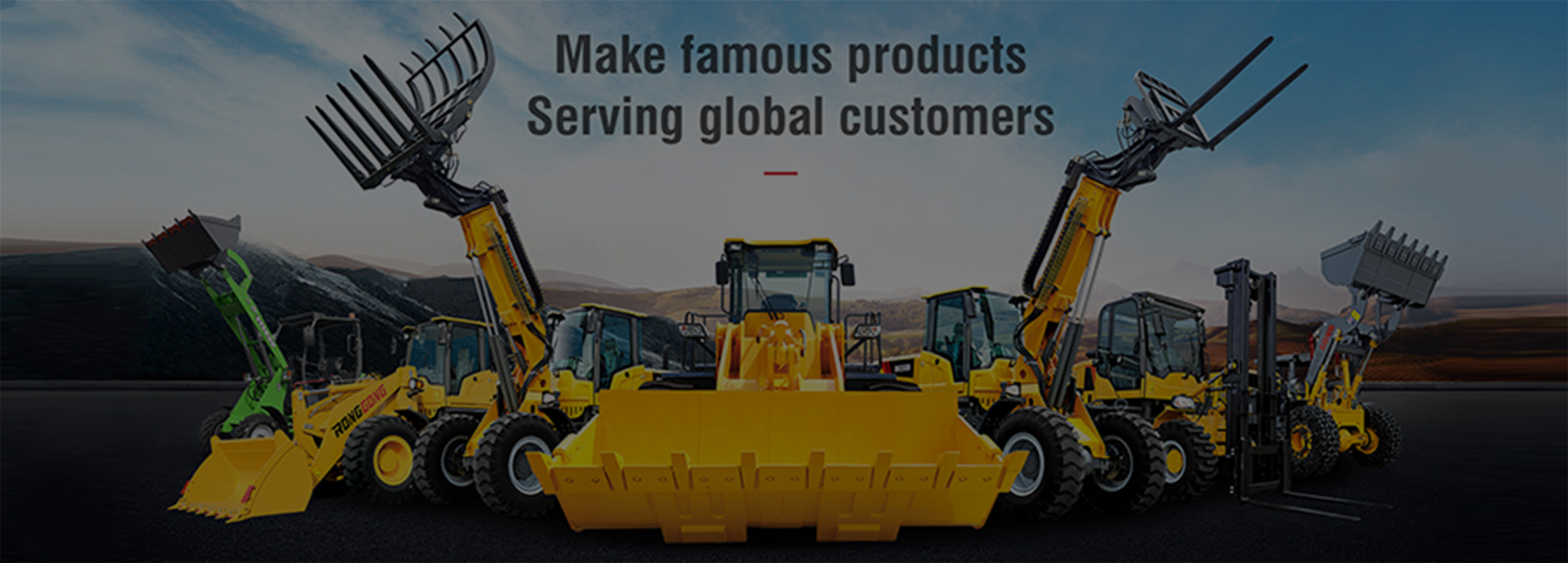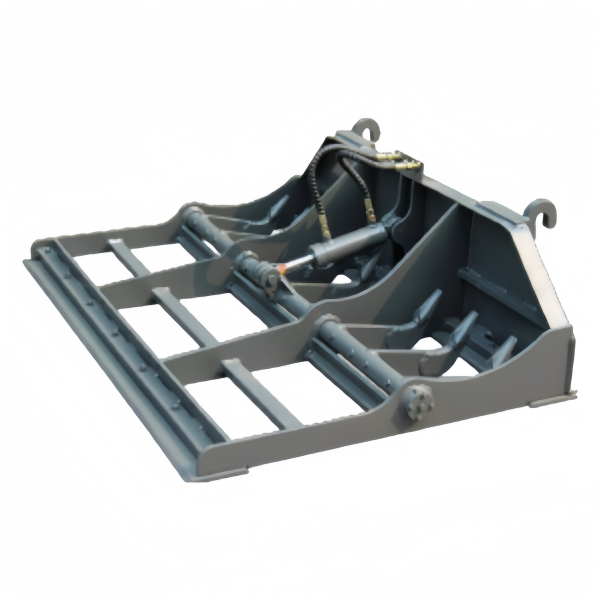Product Information
Core Definition: What is a Land Leveler?
A land leveler is a type of agricultural/construction machinery typically towed or driven by a tractor, bulldozer, or loader. It features a wide, relatively flat blade or bucket whose height and angle can be controlled hydraulically to cut and fill gaps, leveling the land to the desired slope and smoothness.
Key Difference: Unlike a simple drag harrow or blade, a true land leveler features hydraulic controls, allowing the operator to precisely adjust the cutting depth and slope while moving, achieving highly precise leveling.
Core Benefits and Features
Improved Irrigation Efficiency: This is its most important value in agriculture. A leveled field ensures even water distribution, avoiding waterlogged or dry areas, resulting in significant water savings (up to 30%-50%) and increased crop yields.
Seedbed Preparation: Creating a flat, finely broken seedbed is beneficial for seed germination and seedling growth, and also facilitates mechanized sowing and harvesting.
Soil Conservation: Reduces surface runoff and prevents soil and nutrient loss.
Land Improvement: Transforms rugged, unusable land into a valuable asset suitable for cultivation or construction.
Versatile Construction Tool: Used for road construction, foundation leveling, site preparation, soil and gravel mixing, and more.
How to Choose the Right Land Leveler?
Key factors to consider when choosing a land leveler:
Project Requirements:
Accuracy Requirements: Do you need a laser system with millimeter-level accuracy? Or is rough leveling sufficient?
Working Area: For large farmland (e.g., several hundred acres or more), investing in a laser leveler is cost-effective. For smaller areas, a box-type leveler can be considered.
Soil Type: Hard, compacted soils require heavier, more robust equipment.
Power Source:
Tractor Horsepower: How much horsepower does your tractor have? This determines the size and weight of the leveler you can tow. Insufficient horsepower can lead to inefficient operation and even damage to the equipment.
Hydraulic System: Does the equipment require hydraulic output (remotes) from the tractor to control lift and angle? How many hydraulic systems are required?
Equipment Specifications:
Width: The width should be slightly larger than the wheelbase of the power equipment to ensure that the entire path can be covered in a single pass.
Structure and Weight: Heavier graders perform better in hard soil and are less likely to jump. Look for models made of high-strength steel with reinforced ribs in key areas.
Blade Material: The blade should be made of wear-resistant steel and preferably replaceable to extend the life of the machine.


